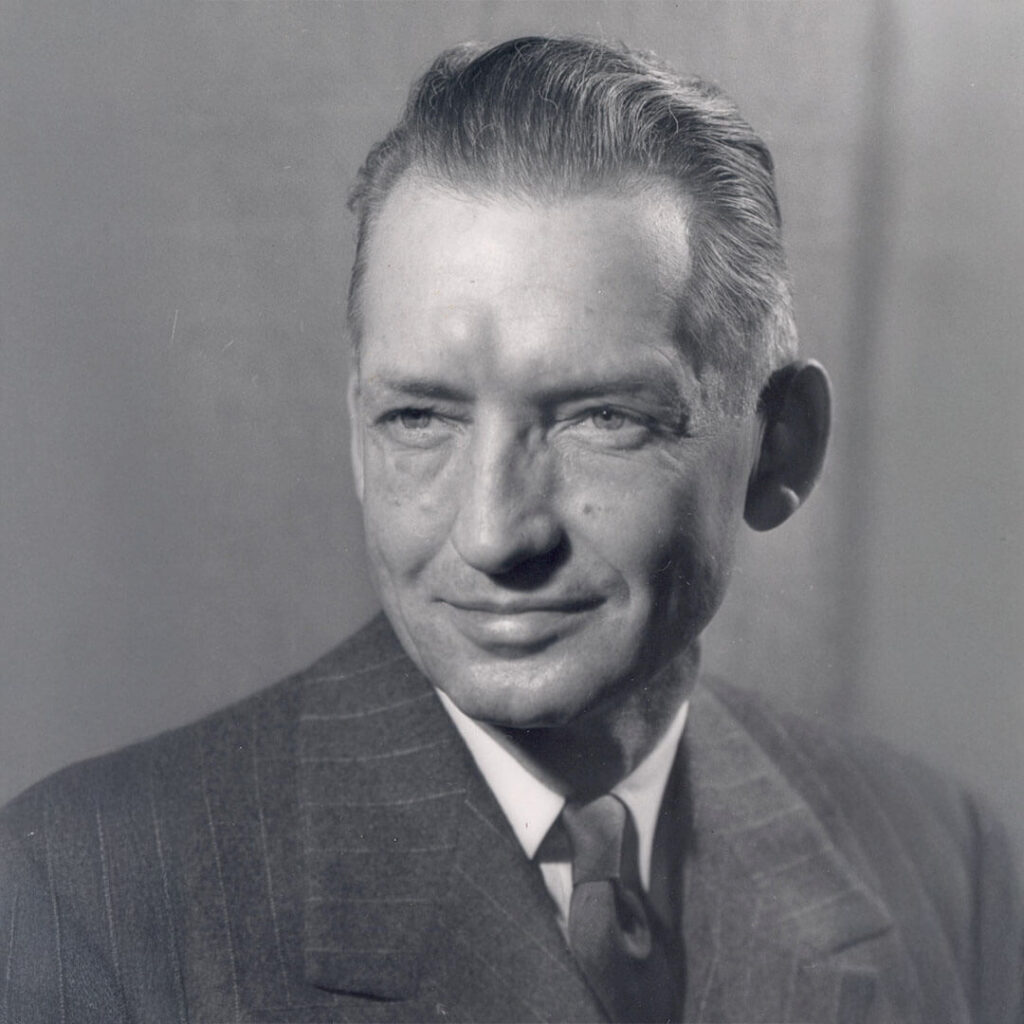While Benjamin Graham is often celebrated as the face of value investing, his intellectual partner, David LeFevre Dodd, was equally essential to the movement’s foundation. Co-author of the groundbreaking Security Analysis, Dodd brought academic rigor, meticulous research, and an educator’s clarity to a discipline that changed Wall Street forever.
Though less publicly visible than Graham, Dodd was instrumental in shaping the analytical framework that continues to guide serious investors to this day.
👨🏫 David Dodd’s Background and Academic Career
Born: August 23, 1895, Berkeley, California
Died: October 18, 1988, New York, New York
Education: ⦁ B.A. from the University of California, Berkeley
⦁ MBA from Columbia Business School
⦁ Later served as professor and dean at Columbia
David Dodd began his career not in finance but in academia. He joined Columbia Business School as a young lecturer and soon crossed paths with Benjamin Graham, a Wall Street investor and part-time lecturer. The synergy between Graham’s practical market insights and Dodd’s scholarly precision led to their now-legendary collaboration.
🏆 David Dodd’s Major Achievements and Contributions
🖋️ Co-Author of Security Analysis (1934)
Dodd’s most enduring contribution came through his work with Graham on Security Analysis. Written during the depths of the Great Depression, the book introduced a systematic, disciplined approach to analyzing stocks and bonds.
Dodd’s role was not simply that of a co-writer — he brought academic depth to the work, translating Graham’s intuitive ideas into a coherent framework that could be taught and scaled. Many of the book’s most detailed technical sections were Dodd’s contribution.
“Graham gave value investing its soul. Dodd gave it structure.”
📚 Educator and Mentor
Dodd spent his entire professional life at Columbia University, where he taught finance and investing to generations of students. While Graham eventually returned full-time to the markets, Dodd remained in the classroom — refining the discipline, updating the curriculum, and mentoring many future financial leaders.
Notably, Dodd served as a faculty mentor to Warren Buffett during his time at Columbia. Buffett would later praise both Graham and Dodd for their profound influence on his thinking.
🛠️ Refiner of Value Investing Principles
If Graham was the revolutionary, Dodd was the systematizer. He helped formalize ideas like:
⦁ Intrinsic value
⦁ Margin of safety
⦁ Bond analysis and coverage ratios
⦁ Differentiating investment from speculation
He was also instrumental in introducing analytical techniques that emphasized long-term earnings power, capital structure stability, and investor prudence.
📚 Key Publications
Security Analysis (1934, with Benjamin Graham)
Often regarded as the professional investor’s bible, Security Analysis established the foundation of modern equity and fixed-income analysis. Dodd continued to update and revise the book in later editions (notably the 1940 and 1951 revisions), keeping it relevant for changing market conditions.
🗣️ A Reserved Yet Respected Voice
Unlike Graham, who published widely for general audiences (The Intelligent Investor, for example), Dodd’s voice was primarily heard through lectures and the classroom. He rarely sought the spotlight, but among his peers and students, he was known for his thoughtfulness, clarity, and academic integrity.
🎓 Legacy in Finance and Education
David Dodd’s influence lives on in multiple ways:
⦁ Academic Legacy: Columbia Business School remains a hub for value investing, thanks to Dodd’s foundational work. The school’s Heilbrunn Center for Graham & Dodd Investing honors their legacy.
⦁ Methodological Rigor: Analysts and investors still rely on the methods Dodd helped codify. Concepts like normalized earnings, financial statement scrutiny, and conservative valuation remain standard practice.
⦁ Teacher’s Influence: While Graham may have sparked value investing, Dodd nurtured it into a lasting academic discipline.
🧠 A Philosopher of Prudence
Dodd believed that investing was not about speculation or short-term gain, but about careful judgment, ethical standards, and analytical depth. His emphasis on understanding a company before investing in it — and ensuring that analysis could be replicated and taught — laid the groundwork for investment management as we know it today.
“David Dodd helped turn investing into a discipline, not a game.”
📈 Final Thoughts: The Unsung Hero
David Dodd may never have enjoyed the public acclaim that surrounded Benjamin Graham or Warren Buffett, but his legacy is every bit as vital. He was the quiet craftsman behind the scenes — refining theories, teaching students, and building the intellectual scaffolding of modern investing.
For anyone studying finance, reading Security Analysis, or attending Columbia Business School, David Dodd’s influence is ever-present. He didn’t just co-author a classic; he helped build a discipline.




